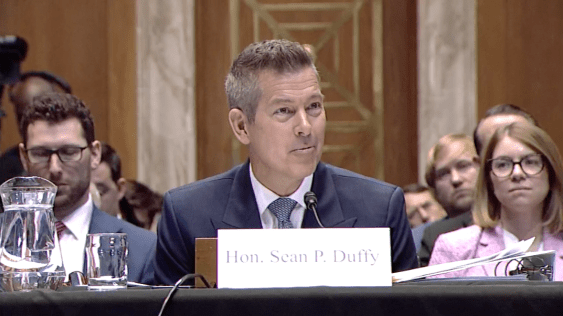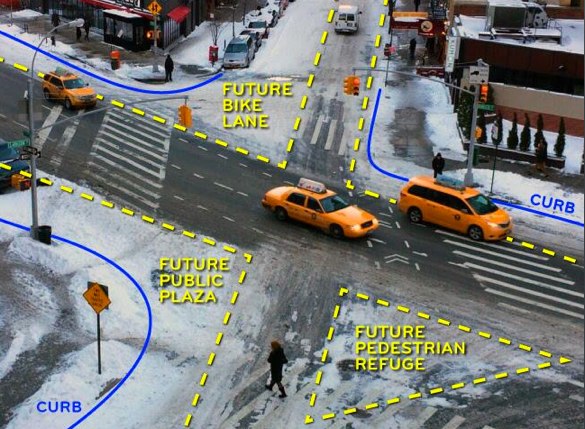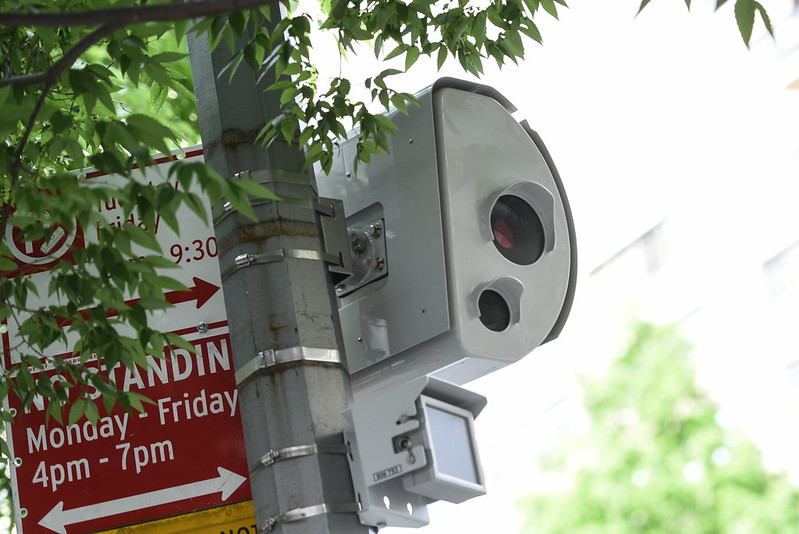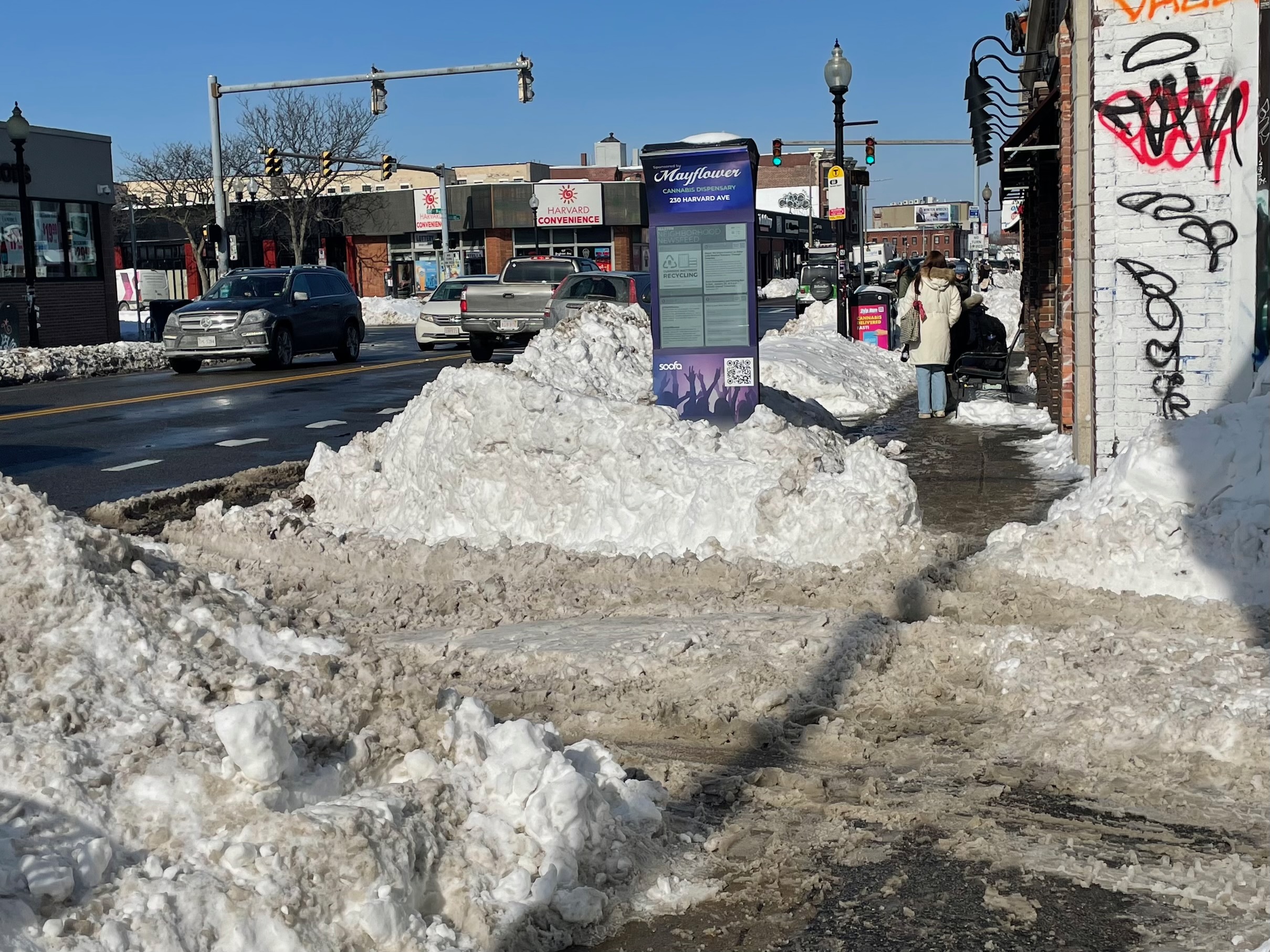Boston voters have elected Michelle Wu, an Orange Line rider, Green New Deal proponent, and outspoken advocate for more affordable public transportation, to be the city's next leader.
Wu defeated her longtime colleague on the Boston City Council, Annissa Essaibi George. In the midst of a pandemic and economic upheaval, transportation and equity issues - particularly Wu's proposal to end fare collection on MBTA transit services - emerged as a prominent point of distinction between the two candidates.
Wu celebrated her victory Tuesday evening in the Cyclorama building in Boston's South End with hundreds of her supporters, including many transit, environmental justice, and safer street advocates.
"Boston has spoken," the mayor-elect told the crowd in her victory speech. "We are ready to meet this moment. We're ready to become a Boston for everyone. We’re ready to be a Boston that doesn’t push people out but welcomes all who call our city home. We’re ready to be a Boston where all can afford to stay and to thrive. And yes, Boston is ready to become a Green New Deal city."
In a short press conference after her victory speech, StreetsblogMASS had a chance to ask the mayor-elect what her top Green New Deal priorities would be during the first weeks of her administration.
"Boston is a coastal city, we are vulnerable to the impacts of climate change, and we're seeing the impacts of climate change already from more intense storms, and heat, and flooding," Wu said. "Our Green New Deal, the first city-level Green New Deal anywhere in the country, is a roadmap that we'll follow... and (we'll) prove just how popular these policies are: from doubling the number of street trees in Boston, to converting to electric school buses, to rethinking our food systems to prioritize and invest in local, healthy foods... to think about the 86,000 buildings that need to be retrofitted in Boston to meet our climate goals."
Dwaign Tyndal, executive director of Alternatives for Community and Environment, told StreetsblogMASS that he hopes that a Wu administration can follow through with its promises to improve the quality of transit service in transit-dependent neighborhoods.
Wu's fare-free bus proposal "makes economic sense," Tyndal said. "It'll pay for itself and give folks that are transit dependent in the core of our community access to more mobility, which is the key to community vitality. I think it'll be a great investment for the city of Boston."
To realize her plan for fare-free buses, Wu's administration will need to work with the new MBTA board and state officials to convince them of the program's value to riders and to the system as a whole.
But Wu will have much more direct control over how Boston's streets are designed and maintained when she takes control of the Boston Public Works and Boston Transportation Departments.
Wu's goal of doubling the number of trees on city streets will likely require converting a considerable amount of asphalt that's currently used for parking into greenery along the city's public rights-of-way.
Under the previous administration of Mayor Marty Walsh, who served from 2014 to March 2021, the City of Boston adopted an ambitious transportation plan - Go Boston 2030 - which made promises that the city would cut the number of car trips within the city in half by 2030 by building more protected bike lanes, safer street crossings, more bus lanes, and rapid transit upgrades.
Those mode-shift targets are also a critical component of the city's climate strategy.
But implementation of Go Boston 2030 fell behind schedule under the Walsh administration, which often failed to stand behind his staff's proposals to improve street safety in the face of neighborhood opposition.
"There's been lots of planning, but not much doing," said Becca Wolfson, executive director of the Boston Cyclists Union, at Wu's election party on Tuesday night (editor's note: Wolfson also serves on the StreetsblogMASS board of directors).
Wolfson expressed hopes that Wu show strong leadership by implementing long-stalled bikeway projects of regional importance - including the proposed Centre Street road diet in West Roxbury, and bicycle access through Beacon Hill along Charles Street.
"Change is hard, but we're in a climate crisis, and these things have to happen," said Wolfson. "I believe in Wu's ability to lead and bring people along."






